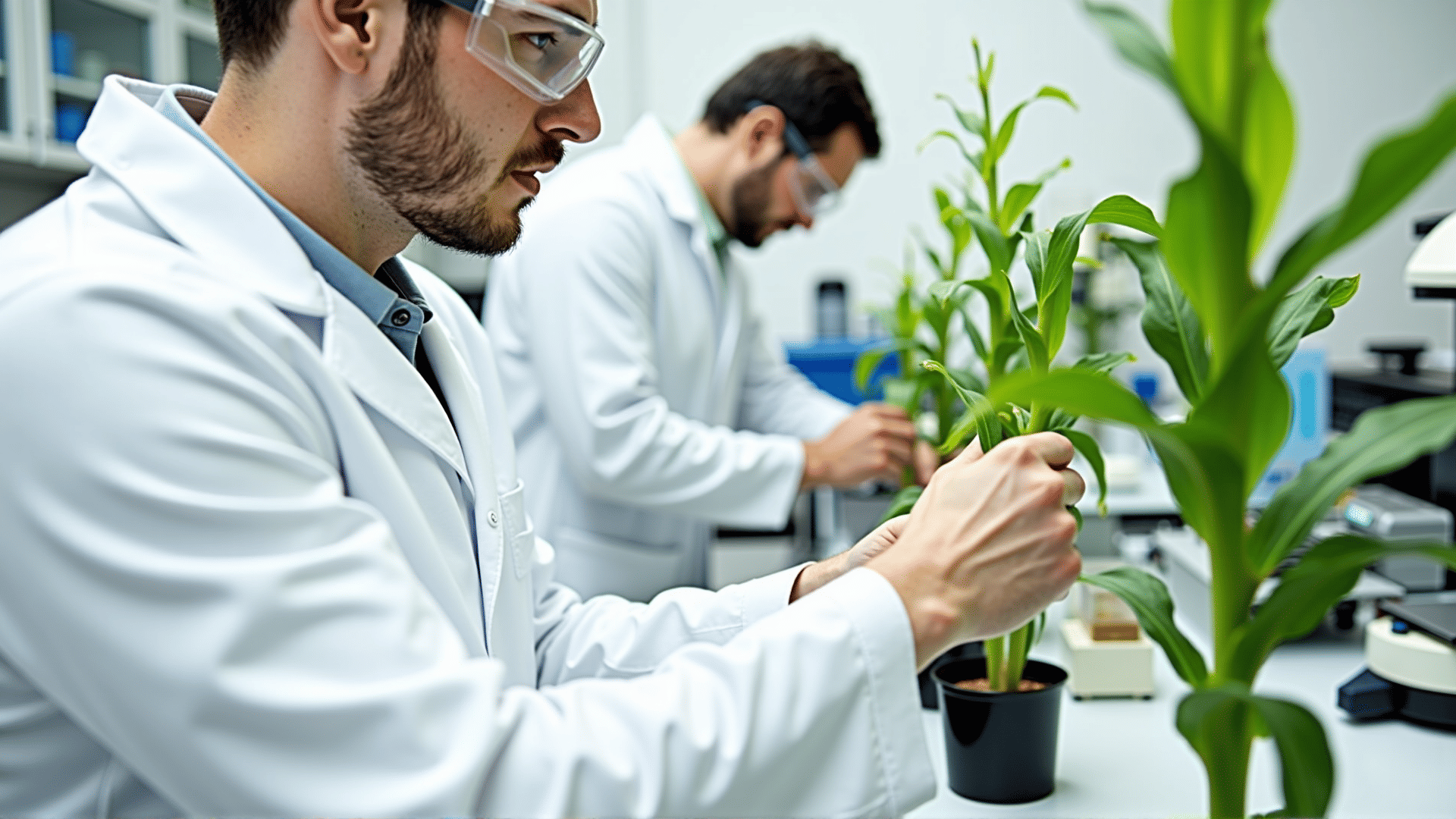Breakthroughs in crop genetics are revolutionizing the way we think about agriculture, offering promising solutions to the challenges posed by climate change, food insecurity, and population growth. Scientists and researchers around the world are making significant strides in improving the yield, resistance, and adaptability of crucial crops through genetic innovation. These advancements hold the potential to transform global agriculture and ensure a more sustainable future.
One of the most significant breakthroughs in recent years has been the development of CRISPR-Cas9 technology, a cutting-edge gene-editing tool that enables precise modifications in the DNA of living organisms. In agriculture, this technology is being used to enhance desirable traits in crops. For instance, researchers have successfully edited genes in rice to increase its resistance to disease and environmental stressors, while also boosting its nutritional value. This ability to make targeted genetic improvements opens the door to more resilient crop varieties that can thrive in various climates and withstand pests and diseases.
Another breakthrough in crop genetics is the discovery of key genes responsible for drought resistance. With increasing concerns over water scarcity and erratic weather patterns, developing crops that can endure dry conditions is crucial. Scientists have identified certain genetic markers that enable crops like maize and wheat to maintain productivity under drought stress. By incorporating these traits into commercial varieties, breeders can produce crops that require less water, significantly reducing the risk of yield loss in arid regions.
In addition to these advances, research in crop genetics is also focusing on enhancing nutrient use efficiency. Crops that can efficiently uptake and utilize nutrients like nitrogen and phosphorus are not only better for the environment, but they also reduce the cost and need for chemical fertilizers. Genetic studies on crops like wheat and barley have led to the identification of genes that improve nutrient absorption, allowing for the cultivation of more sustainable and environmentally friendly crop varieties.
The push towards climate-smart agriculture is further bolstered by advancements in plant microbiome research. Understanding the relationship between plants and their associated microorganisms is pivotal in enhancing crop growth and resilience. By manipulating the plant microbiome, scientists aim to develop new crop varieties that are not only more productive but also better adapted to challenging growing conditions.
Furthermore, the integration of bioinformatics and artificial intelligence in crop genetic research is accelerating the pace of discovery. AI-driven platforms are helping scientists analyze vast amounts of genomic data, identifying patterns and potential targets for genetic improvement with unparalleled speed and accuracy. This synergy of technology and genetics is opening possibilities for developing crops that can address the specific needs of different regions, ensuring food security and agricultural sustainability on a global scale.
While these advancements offer extraordinary potential, it is imperative to address the challenges related to the deployment of genetically modified crops. Issues of biodiversity, ethical considerations, and the acceptance of genetically altered products by consumers need to be thoughtfully managed to leverage the benefits of these scientific breakthroughs fully.
In conclusion, breakthroughs in crop genetics are setting the stage for a transformative era in agriculture. By enhancing yield, resistance, and adaptability, these innovations promise to safeguard the world's food supply and enhance the resilience of agricultural systems. The continued collaboration between scientists, policymakers, and farmers will be crucial in translating these genetic advancements into tangible, field-ready solutions that can sustainably feed a growing global population.
